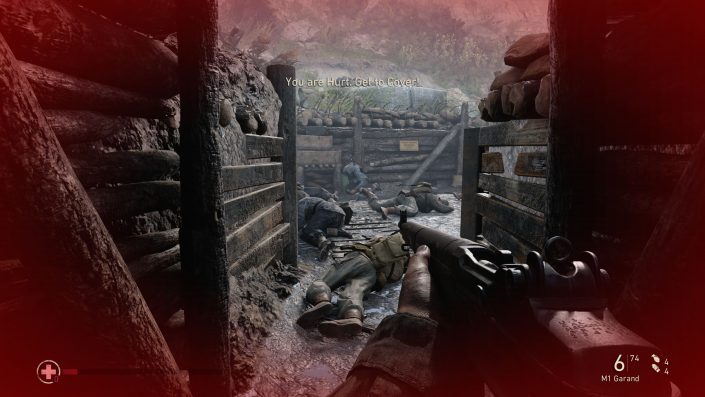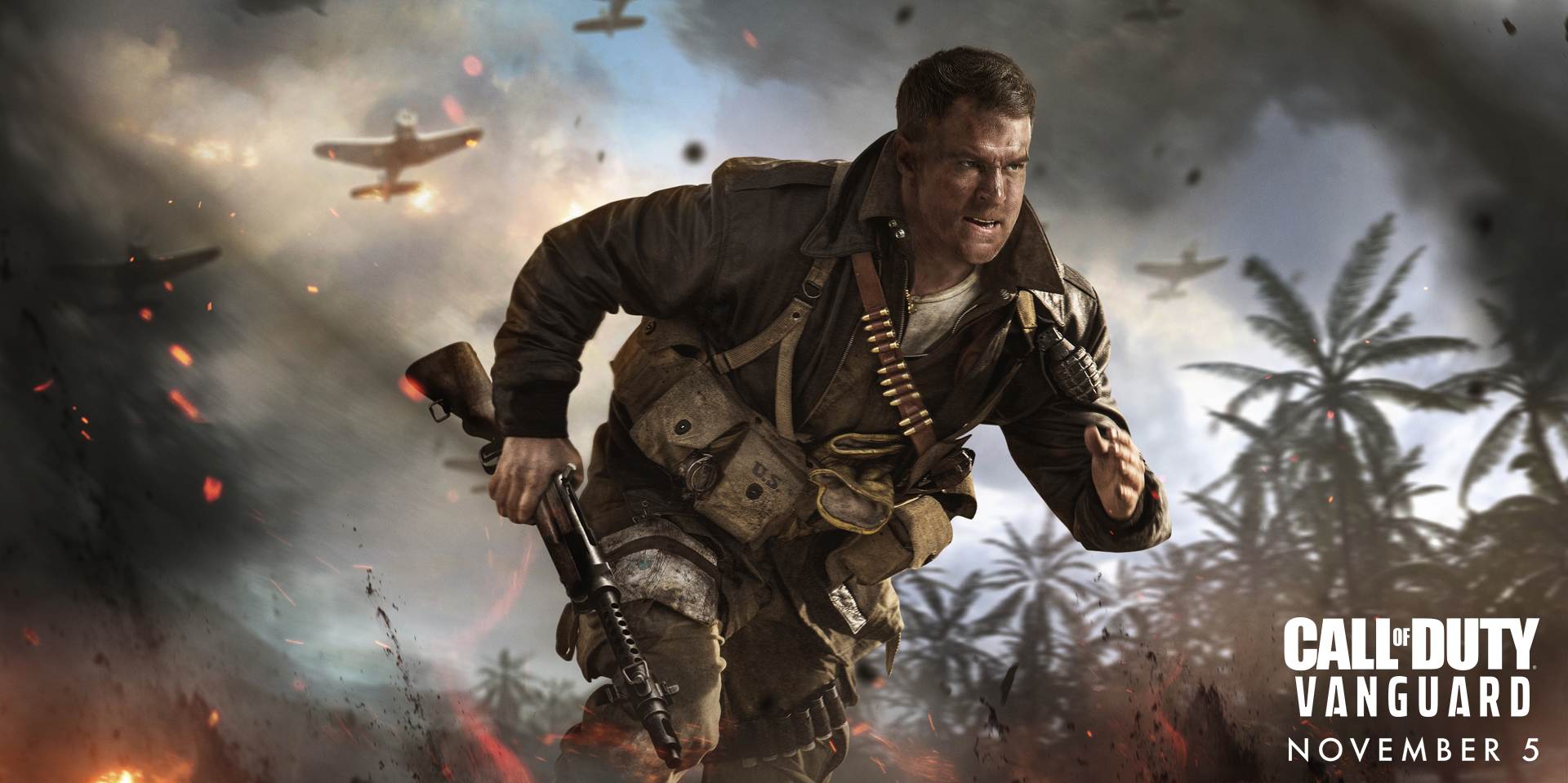War and video games – This is a success story, but it is also full of misunderstandings and compromises. What has to change in the future!
–
The idea for this column had been simmering in my head for months. Specifically, since the Battlefield 2042 marketing campaign that promoted the all-out warfare experience. Sure, that’s the name of a game mode – but I couldn’t let go of one thought: Is it right to market the “played war” as a fun experience?
But as humans are, that idea evaporated over time. “Battlefield 2042” and “Call of Duty: Vanguard” flopped and after the initial coverage, the issue took a back seat. Until February 24, 2022 and the start of the Russian war of aggression in Ukraine.
The images and reports haunting the internet and the media shocked and touched me. And I noticed that my gambling habits changed too. The past few weeks have been defined by Elden Ring, WWE2K22 and a replay of Guardians of the Galaxy.
Maybe I just got old. Maybe the birth of my son made me soft and sensitive. But now, more than ever, it’s time to rethink and change how war is portrayed in video and computer games.
The fascination of war
For many years, war was a big seller in video and computer games. Shooter series like “Call of Duty” or “Medal of Honor” staged the action with graphic bombast, loud effects and lots of effects. The player turned into a superhero who completes his mission amidst the hail of bullets.
The war was popcorn cinema – nothing more and nothing less. Many uncomfortable questions remained unanswered even in supposedly detailed strategy games. Instead, we pulverized enemy armies and machine-gunned our way through hosts of enemies.
In the past five to ten years, however, a reversal has been recognized, at least in part. For example, “Battlefield 1”, set in World War I, staged the horrific effects of poison gas and told quite sensitive stories from that time.
Rarely, however, is war presented for what it really is: destruction, death and suffering. And the reasoning behind it is simple: for most, a game should be fun and serve as an escape from reality. That’s why only a few developers dare to tackle the hot potato and depict the war in all its mercilessness. Exceptions were, for example, “Spec Ops – The Line”, which was presented ostensibly as a third-person shooter, but very critically and forcefully with the topic bypassed.
11 Bit Studios’ “This War of Mine” tackles the issue even more drastically. Players take on the role of survivors in a war region, making decisions and facing danger to collect food or medicine, for example.
“This War of Mine” is played far from clichés and does not draw a watered-down Hollywood picture of what is happening. Instead, it confronts players with the harshness of the situation. It emotionalizes, affects and makes you think, but is definitely not for an entertaining evening with friends.

Does the gaming industry have to break new ground?
But does every video and computer game that deals with war now have to bring in a corresponding critical claim at the same time? Of course not! As with other media such as films, there are different ways of approaching a topic. And if it has to be bang-bang action, then so be it.
But I would like to see a more reflective approach to the subject. Especially in earlier times, big presentations used to advertise how deeply the player can immerse themselves in the action and how realistically everything around them is staged. And that brings us back to the all-out warfare point.
More Opinion Articles:
War shouldn’t be a marketing slogan, let alone a sales pitch. Games offer far more depth and substance than you have to emphasize and underpin this aspect with loud buzzwords. Why not focus more on the gameplay or emphasize the (hopefully successful) story?
We keep saying that video and computer games have finally come of age over the past few decades. If so, now would be the time to demonstrate this maturity when it comes to issues such as war. By that I don’t just mean the basic conception of the games, but above all the external presentation and the advertising of these projects.
More Opinion Messages.
Discuss this news on the PlayStation Forum
–
-Links to Amazon, Media Markt, Saturn and some other retailers are usually affiliate links. If you make a purchase, we receive a small commission that we can use to finance the free-to-use site. You have no disadvantages.


